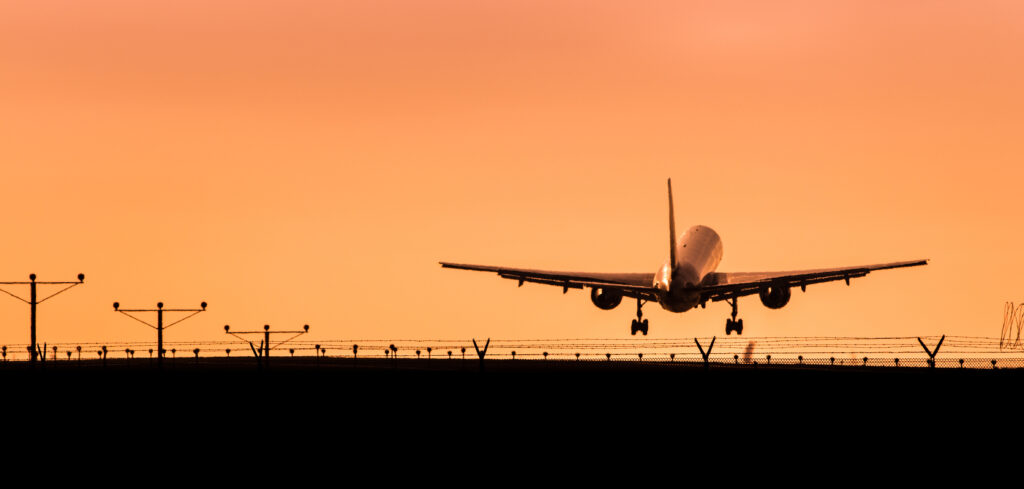Airports Council International (ACI) World and Amadeus have opened the submissions process for the second edition of the Technology Innovation Awards.
The awards include ‘Best innovation(s) in airport passenger-related processes’, ‘Best innovation(s) in airport operations and installations management’ and ‘Best airport innovation leader (individual)’. These categories were chosen to showcase industry-leading technology initiatives and leadership by airports that solve or address real issues in a fast-changing environment with continuously evolving passenger expectations.
ACI airport members are encouraged to submit themselves for these awards. A panel of industry experts will look for examples of technological innovation that have a positive impact on the passenger journey through customer experience, touchless processes, efficiency or other digital strategies. Original solutions that result in operational efficiency or savings, as well as greatly improved processes for staff, passengers and other stakeholders, will be recognized.
Luis Felipe de Oliveira, director general of ACI World, said, “As we look beyond the pandemic, technology will continue to be key to building a better, more efficient, sustainable, resilient and customer-centric ecosystem. This second edition of the Technology Innovation Awards, developed through our partnership with Amadeus, allows us to highlight industry leaders and encourage further innovation in the global airport community.
“We are delighted to continue this partnership with Amadeus to elevate new technologies to improve processes and make the travel journey more streamlined and comfortable – always putting the customer at the center of everything we do. It is exactly this customer-centric approach that will help rebuild a stronger industry.”
Elena Avila, executive vice president of airport IT and airline operations at Amadeus, said, “Our long-term partnership with ACI World is focused on recognizing success across the industry. As the air travel recovery accelerates, we see technology playing a greater role so airports can offer passengers the choice for their experience to be fully automated. But the opportunities extend much further. Over the coming years, airlines and airports have a chance to collaborate much more closely. Take machine learning or layered optimization strategies as an example – airports could manage disruption scenarios more intelligently using these technologies to automate recovery based on combined airline and airport information. We’re pioneering new approaches in this area – and I’m excited to see this year’s entries and the new innovations happening across the sector.”

